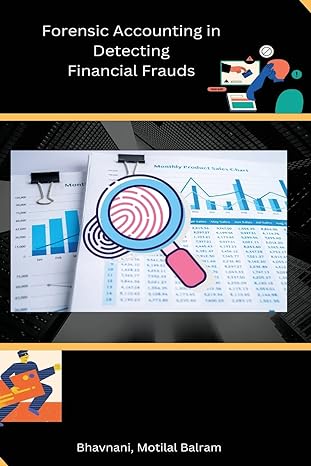Answered step by step
Verified Expert Solution
Question
1 Approved Answer
1. In what type of sales plan does the employee receive a base salary which gets deducted from her commissions? A. salary-plus-bonus B. salary-plus-commission C.
1. In what type of sales plan does the employee receive a base salary which gets deducted from her commissions?
A. salary-plus-bonus
B. salary-plus-commission
C. commission-plus-draw
2. What accounts for the bulk of most companies' total rewards expenses?
A. retirement plans
B. base salaries
C. stock options
D. benefit plans
3. In today's organizations, who negotiates employee pay?
A. the government
B. unions
C. individuals
4. Non-qualified plans must be unfunded, meaning actual funding is:
A. not set aside
B. given to the plan recipients immediately upon contribution
C. taxed upon contribution
5. Of the following, which is taxable upon receipt?
A. deferred compensation
B. medical coverage
C. life insurance
6. In what type of sales plan does an employee recieve a base salary and a percentage that is tied to that employee's sales performance?
A. commission-plus-draw
B. salary-plus-bonus
C. salary-plus-commission
7. For employees, employer-provided dental care benefits are:
A. taxable
B. not taxable
C. tax deductible
8. What form of benefit is becoming less common?
A. life insurance plans
B. 401 (K)s
C. non-qualified retirement plans
D. defined benefit plans
9. What type of company may pay equity compensation large enough to change an employee's lifestyle when it goes public?
A. for profit
B. technology
C. health care
10. In most organizations today, you would expect to find:
A. defined contribution retirement plans
B. pension plans
C. lifestyle change bonuses
11. Which type of plan is on the decline?
A. pension
B. profit sharing
C. equity awards
12. Non-qualified retirement plans have which restriction(s)?
A. minimum age
B. service requirements
C. vesting rules
D. all of the above
E. none of the above
13. Non-qualified retirement plans are:
A. fully funded
B. inflexible
C. available to all employees
D. flexible and supplement qualified plans
14. Which of the following is a qualified retirement plan?
A. defined benefit plan
B. stock option
C. rabbi trust
15. Which plan means that an employee's pay is based solely upon a set percentage of his or her total sales?
A. salary-plus-commission
B. commission-only
C. salary-only
16. Which of the following qualified retirement plans requires the employee to participate in investment decisions?
A. rabbi trust
B. pension
C. 401 (K)
17. Today's organization, compared to old-line organizations, are more likely to:
A. give individual bonuses
B. pay bonuses in a loss situation
C. base incentives on individual, team, and/or company-wide success
18. Which type of retirement plan does not place limits on employee contributions?
A. qualified plans
B. non-qualified plans
C. pension plans
19. Organizations are shifting their performance management programs to:
A. ongoing performance feedback
B. once-a-year performance management programs
C. forced ranking of employees
20. Today's organizations place less emphasis on 100% base pay programs and have shifted total rewards composition to greater use of:
A. annual incentives, bonuses, and equity compensation
B. benefits
C. perquisites
Step by Step Solution
There are 3 Steps involved in it
Step: 1

Get Instant Access to Expert-Tailored Solutions
See step-by-step solutions with expert insights and AI powered tools for academic success
Step: 2

Step: 3

Ace Your Homework with AI
Get the answers you need in no time with our AI-driven, step-by-step assistance
Get Started


